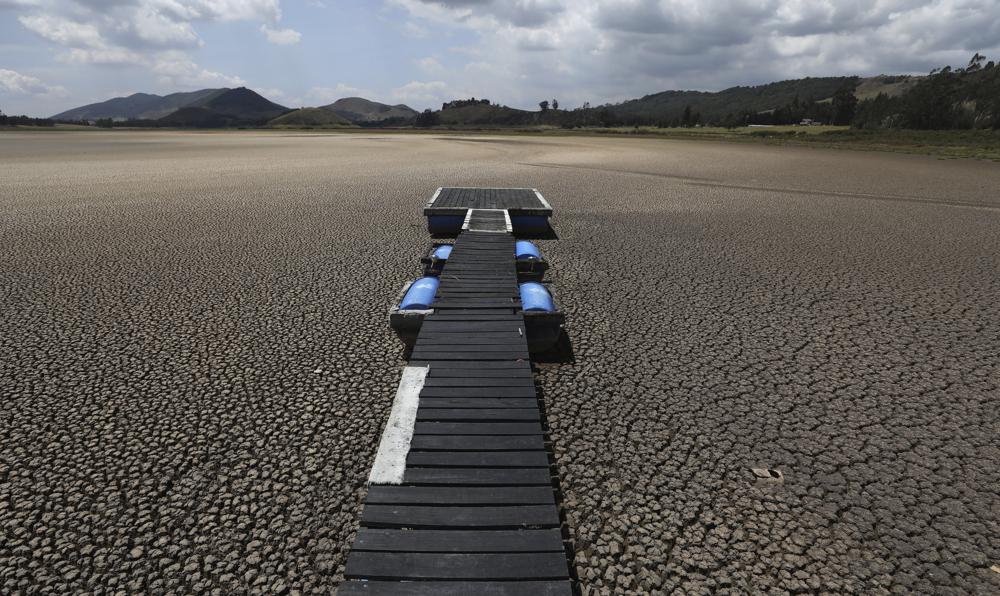Despite the high temperatures across North Carolina, the heat may not pose much of a problem for Duke Energy’s power grids.
Spokesperson for Duke Energy, Jeff Brooks, says that because of the sweltering heat inciting a greater usage of air conditioning, Duke Energy is certainly prepared for the increasing demand for cool airflow.
“We don’t anticipate any problems with meeting customer demand during this time,” says Brooks. “We know it’s very hot, but our grid is ready to respond, and we take steps to ensure that our electric grid is able to respond to customer demand, even when it reaches the high levels as we’re seeing during these hot days.”
Brooks also says that there are a myriad of ways for Duke Energy customers to take steps to still keep their electricity bills low when fighting the heat.
“We want our customers to be comfortable, and certainly we’re going to provide the electricity they need to enjoy their lives,” says Brooks, “but from a bill standpoint, customers can take steps to keep their energy costs lower during periods of high usage.”
Brooks says he suggests taking actions such as setting air conditioning to the highest comfortable setting and to turn it up a few degrees if you will be away from the house most of the day, making sure air filters are clean, using ceiling fans or portable fans, keeping blinds closed, and general maintenance on units. He also says that Duke Energy offers programs for customers to voluntarily decrease their energy usage on days when energy demands are higher to receive credit on their bills for participating.
When it comes to how the heat will affect the machinery of the grid itself, Brooks says that customers can rest assured that they will not have to worry about any technical difficulties.
“The electric grid is a machine, like any other machine, and temperature does have an impact on the way a machine works,” says Brooks, “but we’re not expecting anything that would cause any reliability issues at all; we’re going to be able to meet customer demand during this period.”






Comments on Chapelboro are moderated according to our Community Guidelines